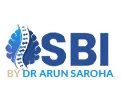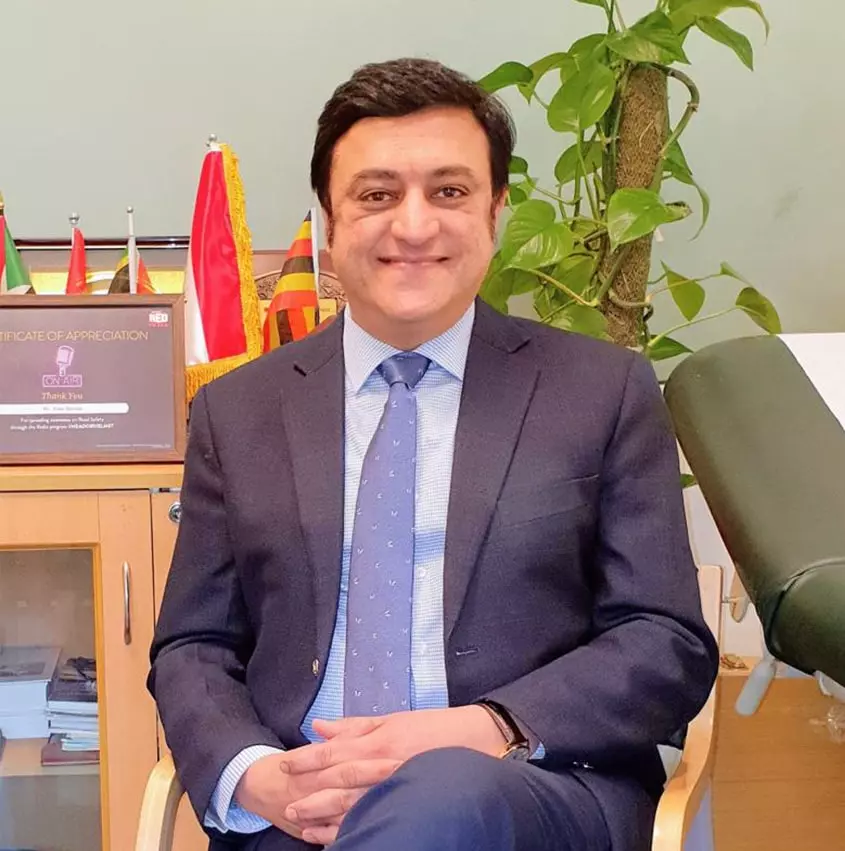Blood clots in the brain occur when blood vessels narrow, restricting blood flow and leading to symptoms like pain, seizures, headaches, and potentially severe outcomes including disability or death. Prompt medical attention is vital, especially if symptoms persist for over 12 hours.
Types of Brain Blood Clots
The brain requires constant blood flow. A blood clot, causing a stroke or "brain attack," can stop this flow, leading to brain cell death within minutes.
Ischemic Stroke:
Happens due to an artery blockage, stopping oxygen-rich blood from reaching brain cells.
Most common type, caused by artery narrowing due to atherosclerosis.
Hemorrhagic Stroke:
Occurs when a blood vessel leak disrupts brain function.
The leak damages arterial walls, impacting brain cells and causing swelling.
Causes of Brain Blood Clots
Key causes include obesity, age (especially over 55), family history of stroke or high blood pressure, a sedentary lifestyle, and substance use like alcohol, tobacco, or illegal drugs.
Symptoms to Watch For
Vision problems: Blurred or darkened vision, balance issues, dizziness.
Headaches: Persistent headaches with neck pain.
Slurred speech: A sign of potential stroke.
Numbness: Particularly on one side of the body.
Acute paralysis: Difficulty moving limbs, stiff neck.
Walking difficulties: Weakness affecting mobility.
Diagnosing Brain Blood Clots
Diagnosis involves various tests like blood tests, CT scans, MRIs, cerebral angiograms, and echocardiograms.
Risks and Complications
Complications can include pulmonary embolism, kidney damage, deep vein thrombosis, and pregnancy-related clots in veins.
Treatment Options
Emergency IV medication to dissolve clots.
Anticoagulants to reduce clot formation.
Surgery to remove clots.
Vena cava filters to prevent further clot formation.
Preventing Brain Blood Clots
Prevention includes managing underlying causes, maintaining a healthy lifestyle, avoiding smoking, and limiting alcohol intake.
In conclusion, understanding the severity and urgency of brain blood clots is imperative for effective treatment and management. At SpineandBrainIndia, led by Dr. Arun Saroha, recognized as one of the best neurosurgeons in India, we specialize in advanced blood clot brain treatment. Our comprehensive approach, coupled with Dr. Saroha's expertise, ensures that each patient receives the highest standard of care. Remember, prompt medical intervention can significantly improve outcomes in stroke cases. Trust SpineandBrainIndia for expert guidance and treatment in your journey towards recovery from brain blood clots.
Frequently Asked Questions
Are brain clots dangerous?
Yes, they can cause severe symptoms or even death due to brain tissue damage.
Can brain clots be treated?
Immediate thrombolytic therapy is crucial for stroke recovery.
Is recovery from a brain blood clot possible?
Hospitalization typically lasts three days, with recovery up to 12 weeks.
Can stress cause brain clots?
Research suggests a correlation between clots and mental health issues.
When is emergency care needed?
Immediate treatment is critical for survival and recovery.
Can strokes be fatal?
Major strokes can be life-threatening, affecting significant brain areas.
What should I ask my doctor post-stroke?
Inquire about brain damage, stroke causes, affected brain areas, and prevention strategies.



